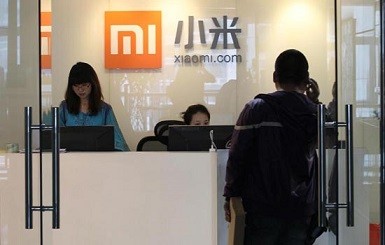An increasing number of smartphone companies in China are trying to compete with Xiaomi Corp., using the latter's business model, in an effort to grow and gain profits in the world’s largest smartphone market, the Wall Street Journal reported.
The report said that Lenovo Group Ltd. has started selling its first smartphone, a spinoff of Xiaomi phone called ZUK, and like Xiaomi, it will sell the smartphone at a budget price of about $280 online to cut marketing costs.
Chang Cheng, ZUK's chief executive, said that it was an opportunity to outsmart Xiaomi.
"You can use someone else's model to defeat them," the executive said in an interview.
Xiaomi led the world's largest smartphone market by selling high-end phones at low prices until the company got a $46-billion valuation from private investors and became one of the world's largest startups.
According to the report, several companies are trying to replicate Xiaomi's achievement. Large companies such as Lenovo, Huawei Technologies Ltd. and ZTE Corp. have reportedly launched Xiaomi rivals, and among smaller companies, Qihoo 360 Technology Co. plans to sell phones under its new Qiku brand this month. Video streaming website LeTV similarly launched its new LeMax smartphone earlier this year.
IHS iSuppli China Research head Kevin Wang said that the country's smartphone makers have adjusted themselves to a business model used by Internet startups such as Uber Technologies Co.
The report said that the new rivals compete fiercely to make bigger, faster handsets for China's vast new industry. But some analysts warned that if the China smartphone market ends up heavily divided, the competitors might end up with very small profits.
"It's hard to say if Xiaomi can stay at the top given challenges from local vendors like Huawei," Jingwen Wang, an analyst with market research firm Canalys, said.
Xiaomi Global Vice President Hugo Barra, however, said in a Wall Street Journal interview in July that its rivals were going after an old business model.
"I think what they're doing is looking at the business model that we had maybe a year ago," Barra said. "We continue to move forward. We continue to innovate."



























